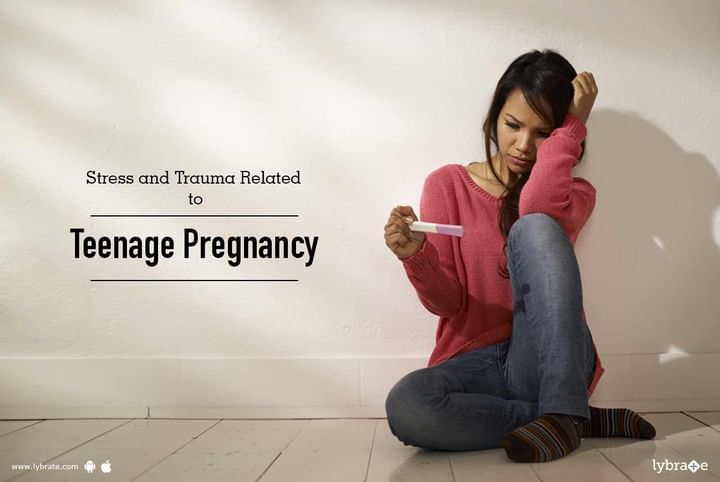Stress and Trauma Related to Teenage Pregnancy
Pregnancy is a journey in itself where you tend to go through physical changes, psychological changes and social changes as well. While the body struggles to cope with the hormonal and other major changes, the mind also tries continuously to adapt and cope with emotional as well as mental stress. Teenagers are considered to still be in a maturing stage when they have difficulty dealing with factors such as peer stress, emotional ups and downs, identity issues, personality building challenges and psychological barriers.
So, getting pregnant at this stage can be very traumatizing. Issues such as postpartum depression have become very common among teenagers.
Psychological Barrier in Teenage Pregnancy: As per the Pediatrics Journal, teenage mothers tend to have higher rate of depression compared with adult women who experience pregnancy. This may be due to various reasons like difficulty to face the society, unplanned pregnancy, immaturity to deal with pregnancy and related symptoms, own social involvements, which come between pregnancy and a whole lot of reasons.
However, the psychological effects and stress, which account for these barriers are sometimes quite severe and according to researchers, teen mothers often show symptoms of Post Traumatic Stress Disorder, which may sometimes lead to suicidal tendencies.
Signs and Symptoms of Stress and Trauma:
- Some of the major stress signs in teenage pregnancy either in the prepartum or postpartum period may include anxiety, depression, concentration difficulties, eating disorders, insufficient sleep, sadness or mood swings.
- Already teenage pregnancy leads to excessive mental stress and if there is a complication in delivery or premature birth before 37 weeks, the level of depression tends to get higher.
- There is a distinct difference between postpartum depression and baby blues. While baby blues are similar to stress and sleep problems, eating troubles, mood fluctuations seem the same as postpartum depression, they tend to go off within two to three weeks, while depression lasts.
- Excessive fatigue resulting into a brittle mood.
- Sudden attacks of panic are also quite common.
- Difficulties in bonding with baby or having patience with baby's demands.
This type of stress and trauma may lead to child abuse, neglecting children or depression. Lowered self-confidence and irritated state of mind are also some of the common complaints. Therefore, to avoid the postpartum stress and major difficulties, teenage pregnant moms can consult psychiatrists for help and advice.



+1.svg)
